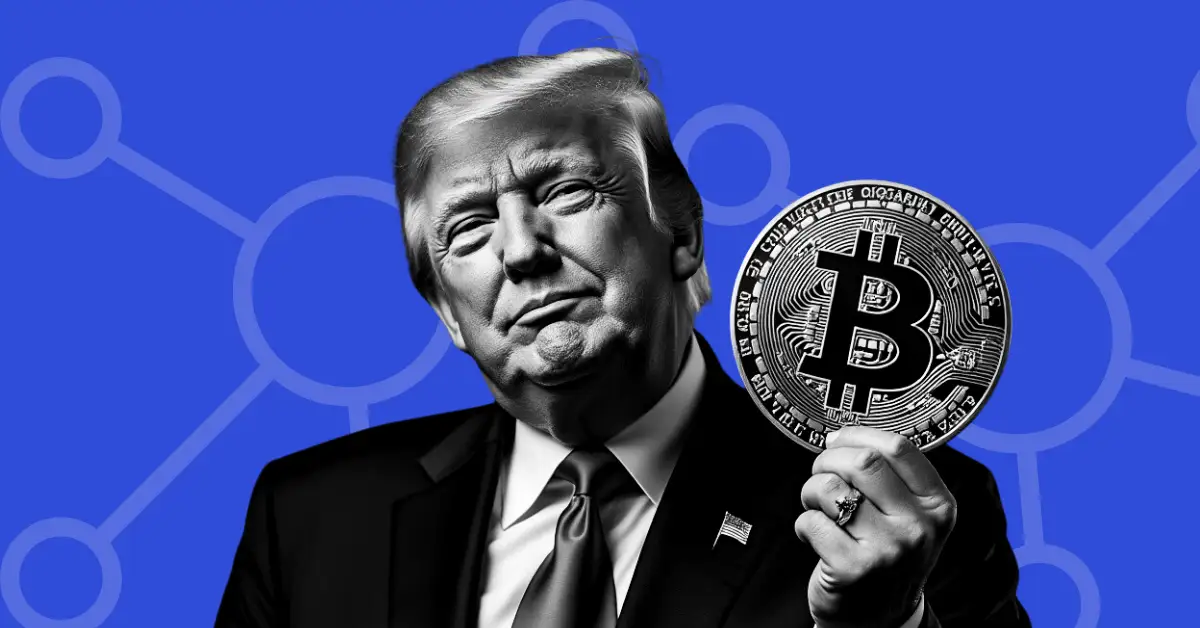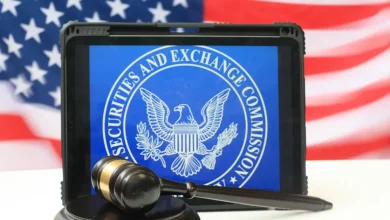
In a potentially transformative move for the cryptocurrency market, Donald Trump is reportedly contemplating a plan to abolish capital gains taxes on cryptocurrencies issued in the United States. This initiative, if enacted, could render profits from leading digital currencies such as Cardano (ADA), Algorand (ALGO), Ripple (XRP), and Hedera (HBAR) free from taxes for American investors. Sources from Trump’s transition team indicate that this proposal would necessitate crypto-issuing companies to be registered within the United States, though it opens the door for existing crypto businesses to relocate to America to benefit from this enticing tax exemption.
Positioning the U.S. as a Global Blockchain Leader
This strategic move has the potential to reposition the United States as a formidable player in the global blockchain arena, competing with regions like Dubai that are known for their crypto-friendly regulations. The elimination of a hefty 37% capital gains tax aligns with Trump’s vision of transforming the U.S. into the “crypto capital of the world,” a campaign promise aimed at enhancing the nation’s standing in the international digital asset market. By allowing investors to retain their profits without the burden of taxes, this initiative could attract a significant influx of investment.
Trump has highlighted a pivotal issue, questioning the fairness of imposing capital gains taxes on cryptocurrencies used for routine transactions, such as purchasing everyday items like coffee or groceries. This perspective underscores a broader vision of integrating digital currencies into daily life without the financial penalties typically associated with capital gains.
“Why should Americans be penalized for using a digital currency in daily life?”
U.S. and UK: A Crypto Competition
As the U.S. considers this bold proposal, the United Kingdom is also preparing its own crypto regulatory framework to maintain competitiveness. The UK’s upcoming announcements on crypto regulation are seen as a counteraction to Trump’s crypto-friendly agenda. This evolving rivalry for crypto supremacy is poised to intensify, with both nations striving to attract and sustain crypto enterprises, thereby influencing the future trajectory of the industry on a global scale.
The Future of Tax-Free Cryptocurrencies
The buzz surrounding Trump’s proposal is palpable among investors and entrepreneurs alike. Should this plan succeed, it could position the U.S. as a global hub for cryptocurrency, drawing substantial investments from international markets. U.S.-based companies may also see an uptick in investments aimed at blockchain and crypto technologies, potentially driving further innovation within the sector.
For everyday cryptocurrency holders, this proposal heralds a new era—one in which digital assets can seamlessly serve as both a payment method and a store of value, unencumbered by the traditional concerns of capital gains taxes. As this initiative unfolds, it holds the promise of reshaping the landscape of cryptocurrency usage and investment in the United States.






